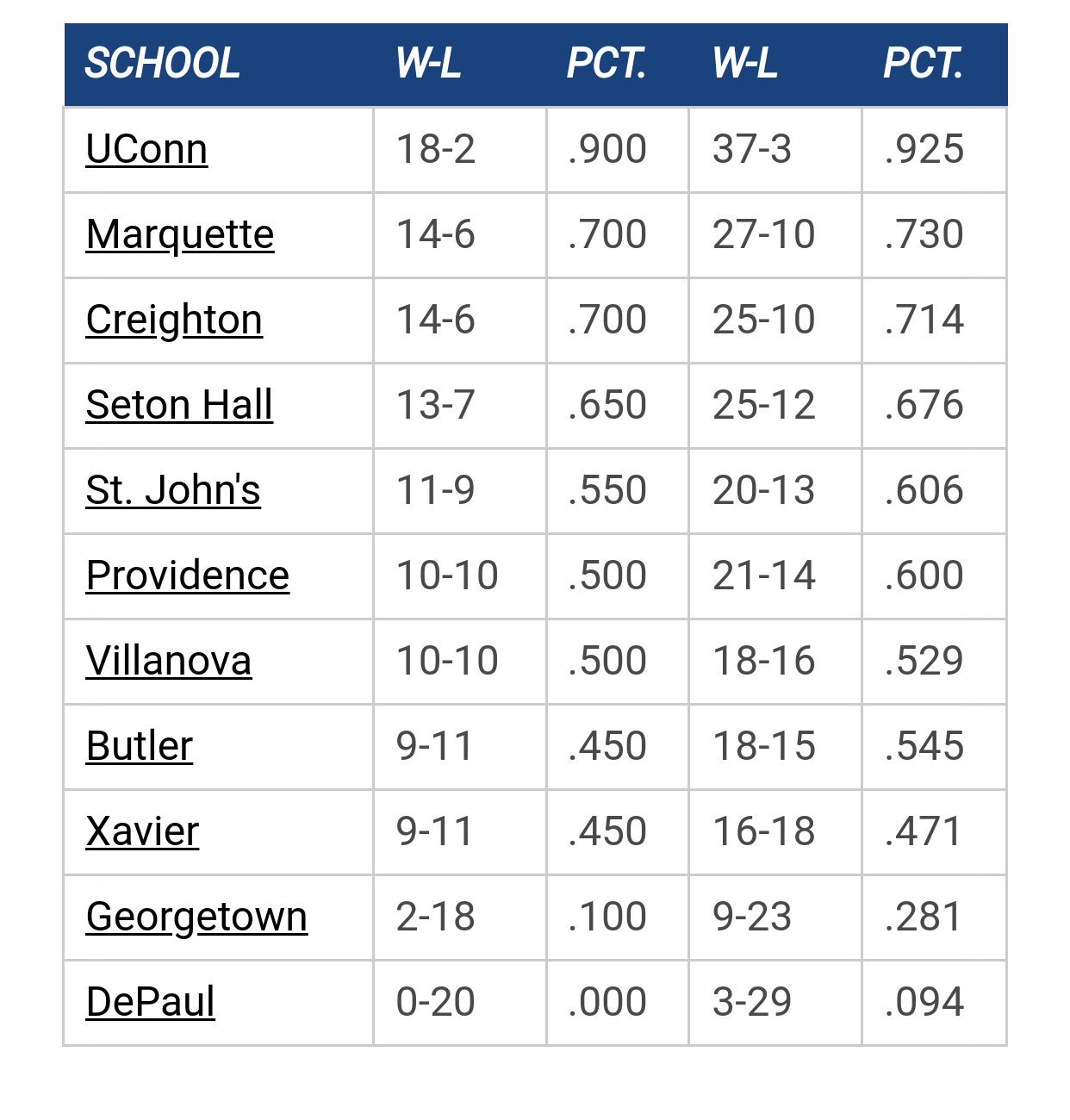- Welcome to MUScoop.
Transfers in/out 2025-2026 by #UnleashJosh
[Today at 05:29:15 PM]
Shaka Smart 02/18/2026 by onepost
[Today at 04:53:19 PM]
2025-26 College Hoops Thread by wadesworld
[Today at 03:15:00 PM]
2025-26 Big East Thread by MarquetteMike1977
[Today at 02:17:49 PM]
James/Stevens by MarquetteMike1977
[Today at 02:05:33 PM]
Recruiting as of 1/15/26 by Zog from Margo
[Today at 01:57:00 PM]
Marquette Team Rankings by MarquetteMike1977
[Today at 01:45:17 PM]
[Today at 05:29:15 PM]
Shaka Smart 02/18/2026 by onepost
[Today at 04:53:19 PM]
2025-26 College Hoops Thread by wadesworld
[Today at 03:15:00 PM]
2025-26 Big East Thread by MarquetteMike1977
[Today at 02:17:49 PM]
James/Stevens by MarquetteMike1977
[Today at 02:05:33 PM]
Recruiting as of 1/15/26 by Zog from Margo
[Today at 01:57:00 PM]
Marquette Team Rankings by MarquetteMike1977
[Today at 01:45:17 PM]
The absolute only thing required for this FREE registration is a valid e-mail address. We keep all your information confidential and will NEVER give or sell it to anyone else.
Login to get rid of this box (and ads) , or signup NOW!
Georgetown Date/Time: Feb 24, 2026, 6:00pm TV: NBC SN Schedule for 2025-26 |
||||||
User actions


